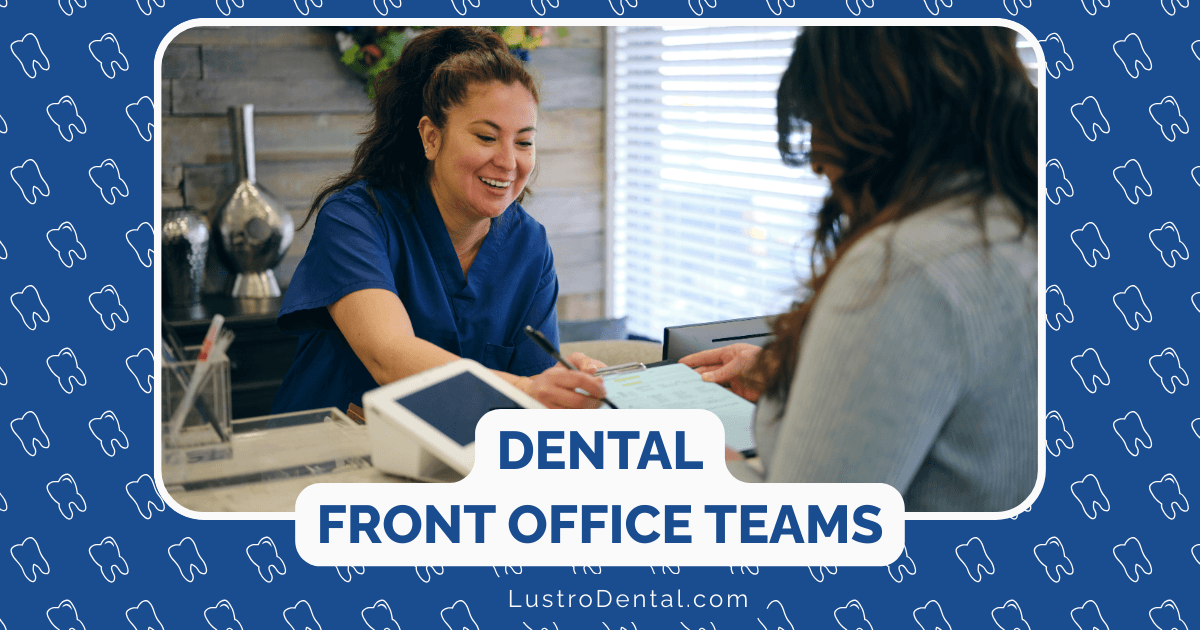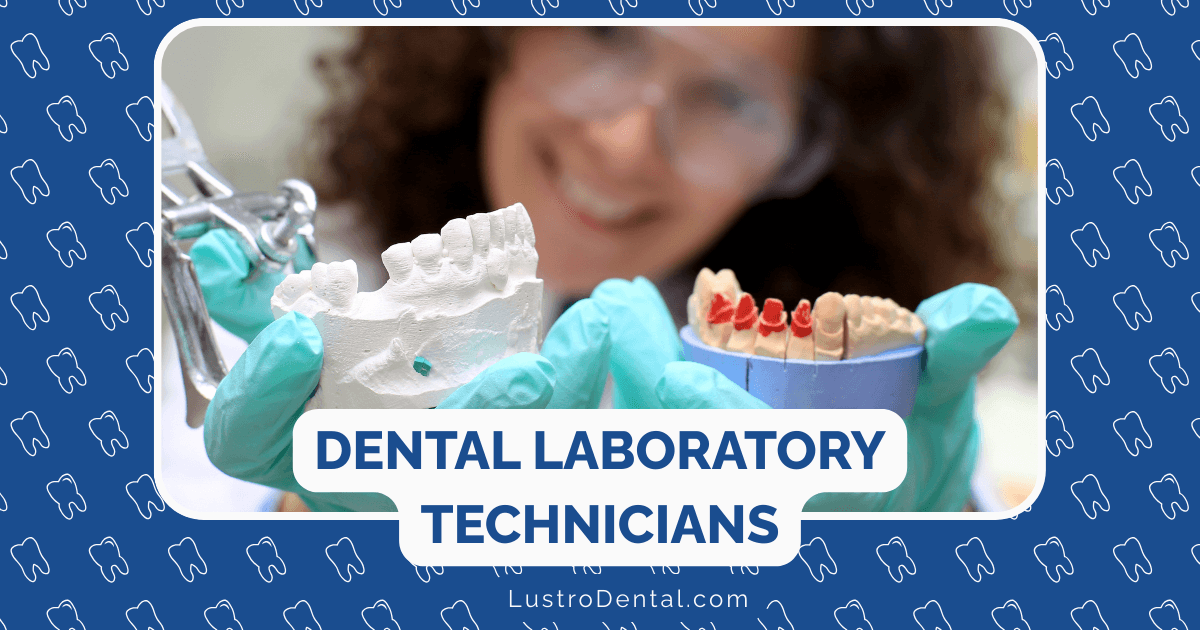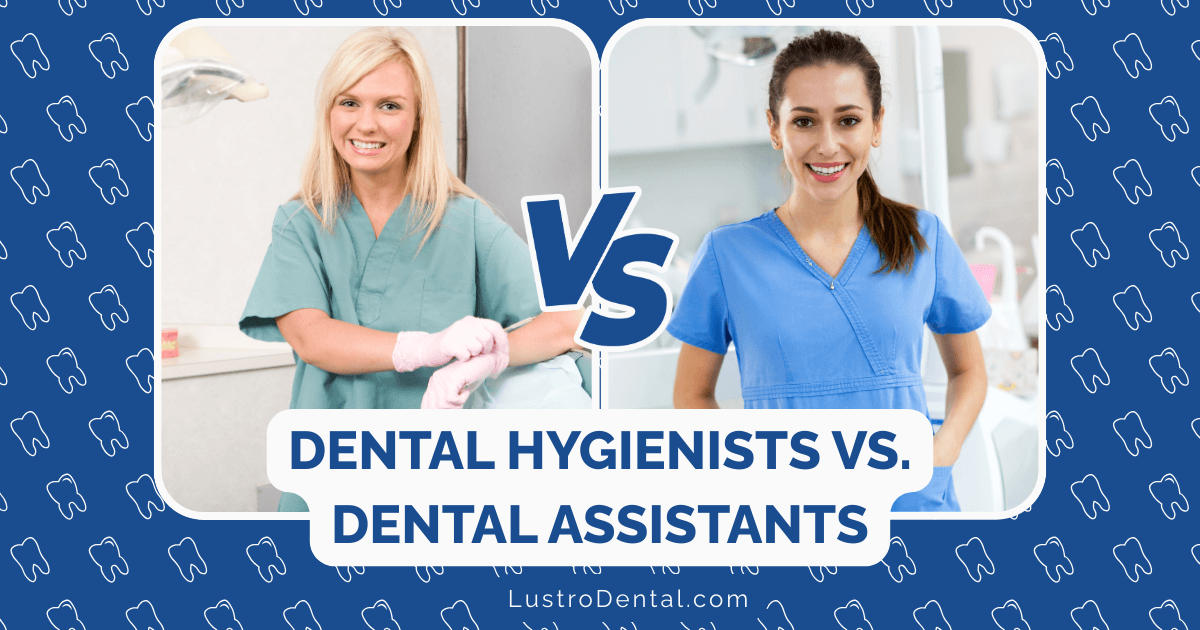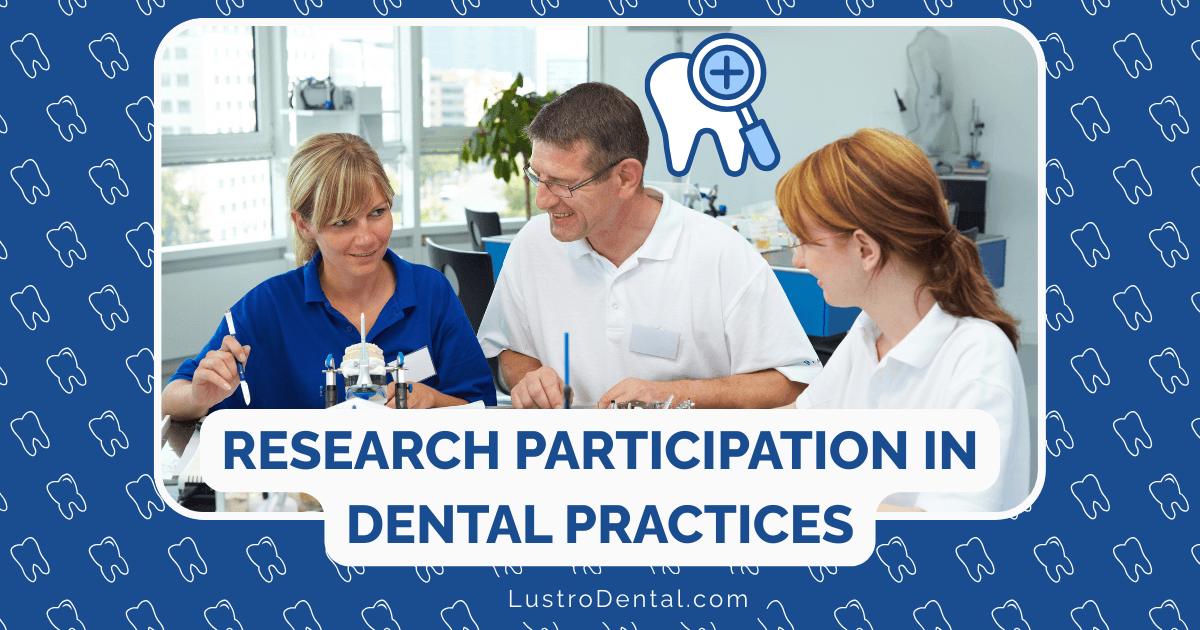Questions to Ask at Your First Dental Consultation
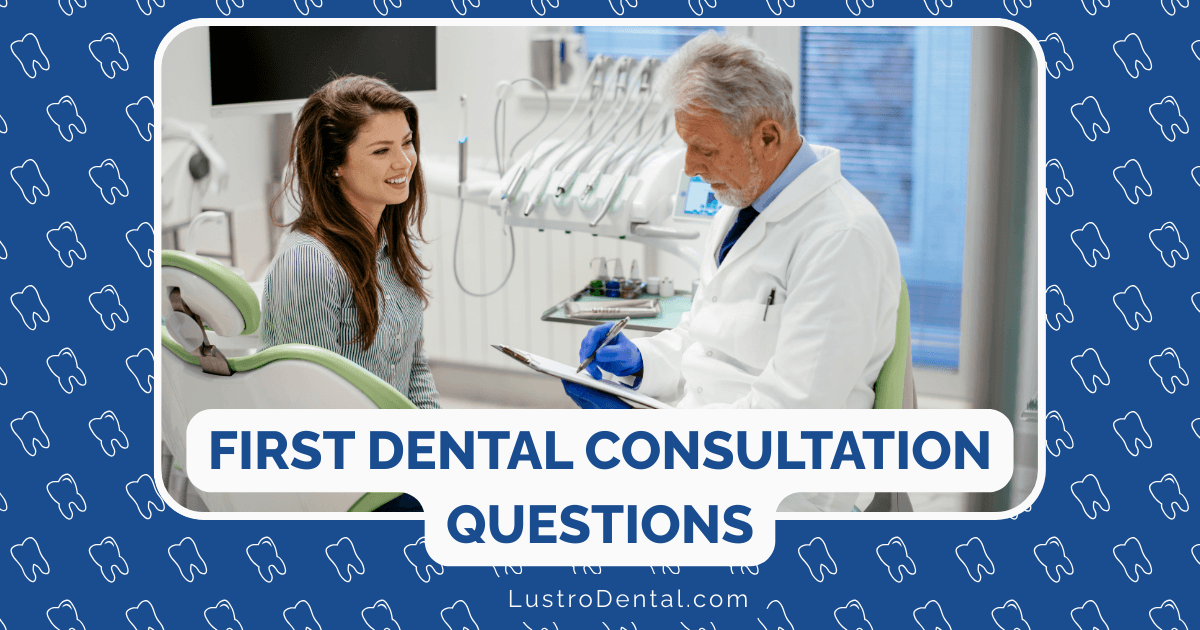
Walking into a dental office for the first time can feel like stepping into uncharted territory. Whether you’ve moved to a new area, switched insurance plans, or simply decided it’s time for a change, that initial consultation sets the stage for your future oral health journey.
But here’s the thing—most people waste this crucial opportunity. They sit quietly, nod along, and leave with the same questions they came in with. Not you. You’re going to maximize this first meeting by asking the right questions that reveal everything you need to know about your new potential dental home.
Before You Even Arrive
According to the American Dental Association, preparation is key to a successful first consultation. Before your appointment:
- Gather your dental records: Request these from your previous dentist to provide continuity of care.
- Check your insurance coverage: Understand what’s covered and what’s not to avoid surprise bills.
- Make a list of medications: Any prescription drugs, over-the-counter medications, or supplements you take regularly.
- Note your dental concerns: That sensitivity when drinking cold beverages? That clicking sound in your jaw? Write it all down.
Questions About Your Current Oral Health
The foundation of any good dental relationship is an honest assessment of where your oral health stands right now. Don’t leave your consultation without asking:
1. “What’s the current state of my oral health?”
This question gives you the big picture. A good dentist will walk you through their findings in terms you can understand, not just rattle off technical jargon.
2. “Do you see any immediate concerns that need addressing?”
This helps prioritize treatment if needed. Research from the Journal of the American Dental Association shows that addressing problems early typically results in less invasive and less expensive treatments.
3. “How does my oral health compare to others in my age group?”
This provides context and helps you understand if you’re on track or need to step up your game.
4. “Can you show me areas of concern on my X-rays or images?”
Visual learners benefit tremendously from this. Plus, it demonstrates the dentist’s willingness to educate rather than just dictate treatment.
Questions About Prevention and Home Care
Prevention is always better (and cheaper) than treatment. Ask these questions to optimize your daily routine:
1. “Based on my specific mouth, what oral hygiene routine do you recommend?”
Generic advice isn’t enough. Your mouth is unique, and your home care routine should be tailored accordingly.
2. “What type of toothbrush, toothpaste, and floss would work best for my situation?”
According to the American Academy of Periodontology, personalized recommendations are more effective than one-size-fits-all advice.
3. “Are there specific areas in my mouth I should pay extra attention to when cleaning?”
Most people have “trouble spots” that need special focus—find out yours.
4. “How often should I realistically be flossing, and what technique do you recommend?”
Be honest about your current habits so they can give realistic advice. The Centers for Disease Control and Prevention reports that only about 30% of Americans floss daily.
Questions About the Dentist’s Approach and Philosophy
Not all dentists practice the same way. Understanding your dentist’s philosophy helps determine if they’re a good fit for you:
1. “Do you tend to take a conservative or more aggressive approach to treatment?”
Some dentists prefer to watch and wait on borderline issues, while others recommend immediate intervention. Neither is wrong—it’s about finding the approach that aligns with your preferences.
2. “How do you stay current with advances in dentistry?”
Dentistry evolves rapidly. You want someone committed to continuing education beyond the minimum requirements.
3. “What’s your approach to pain management during procedures?”
This is especially important if you experience dental anxiety, which affects about 36% of the population.
4. “If I need specialty care, do you refer out or handle most procedures in-house?”
There are pros and cons to both approaches. In-house treatment offers convenience, while specialist referrals may provide more expertise for complex cases.
Questions About Practical Matters
The best dental care in the world doesn’t help if you can’t access or afford it:
1. “What are your office hours, and how do you handle emergency situations?”
Dental emergencies rarely happen during convenient business hours. Understanding the protocol beforehand saves stress later.
2. “What’s your cancellation policy?”
Life happens. Know the rules to avoid unnecessary fees.
3. “Do you offer payment plans or financing options for larger procedures?”
According to a survey by the Health Policy Institute, cost is the primary reason adults avoid dental care.
4. “How do you typically handle insurance claims and billing?”
Some offices require upfront payment and reimburse you after insurance pays, while others bill insurance directly and only charge you the remainder.
Questions for Patients with Special Considerations
If You Have Dental Anxiety:
- “What accommodations do you offer for anxious patients?”
- “Do you provide sedation options, and if so, what types?”
- “Can I use signals during treatment if I need a break?”
If You Have Medical Conditions:
- “How might my [specific condition] affect my dental treatment?”
- “Do you have experience treating patients with [your condition]?”
- “Will you need to coordinate with my physician for certain treatments?”
If You’re Interested in Cosmetic Dentistry:
- “Can I see before and after photos of similar cases you’ve treated?”
- “What cosmetic treatments would you recommend for my specific concerns?”
- “How long can I expect the results to last?”
Red Flags to Watch For During Your Consultation
Pay attention to how the dentist responds to your questions. Be wary if they:
- Seem rushed or annoyed by your questions
- Push expensive treatments without clearly explaining why they’re necessary
- Dismiss your concerns or anxieties
- Can’t clearly explain their treatment recommendations
- Make you feel embarrassed about the current state of your oral health
Making Your Final Decision
After your consultation, ask yourself:
- Did I feel comfortable and respected?
- Were my questions answered thoroughly?
- Do I understand my current oral health status and next steps?
- Can I see myself building a long-term relationship with this dental team?
Remember, according to the Journal of Dental Research, the dentist-patient relationship significantly impacts treatment outcomes and satisfaction. It’s worth taking the time to find the right fit.
Your Action Plan
- Schedule consultations with 2-3 dentists before making your decision
- Bring your list of questions to each appointment
- Take notes during the consultation (or immediately after)
- Trust your instincts—they often tell you what raw data can’t
Your first dental consultation is more than just a check-up—it’s the beginning of what should be a long-term health partnership. By asking these questions, you’re not just gathering information; you’re setting the foundation for years of quality oral healthcare.
What questions have you found helpful when meeting a new dentist? Share your experiences in the comments below.


